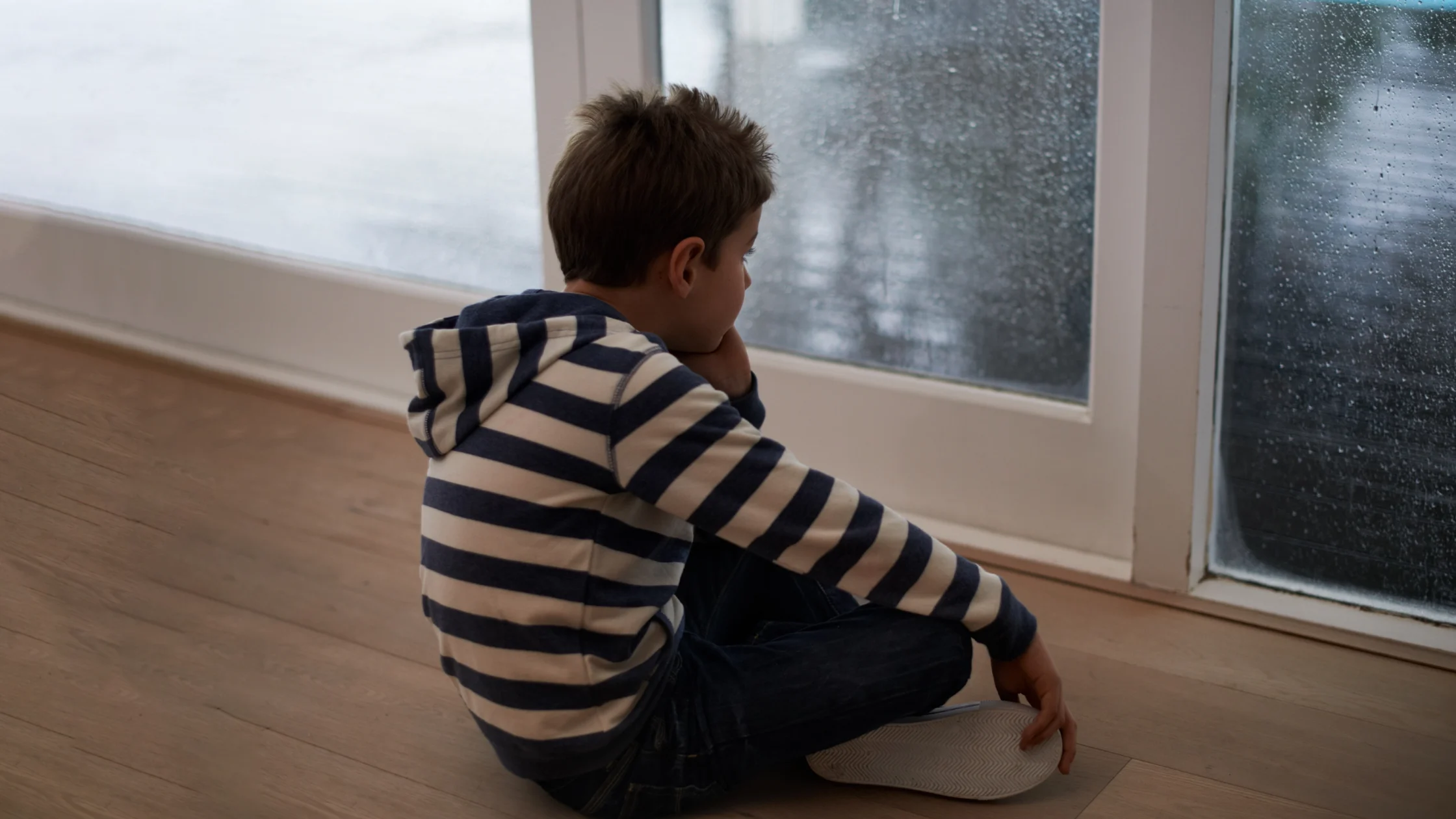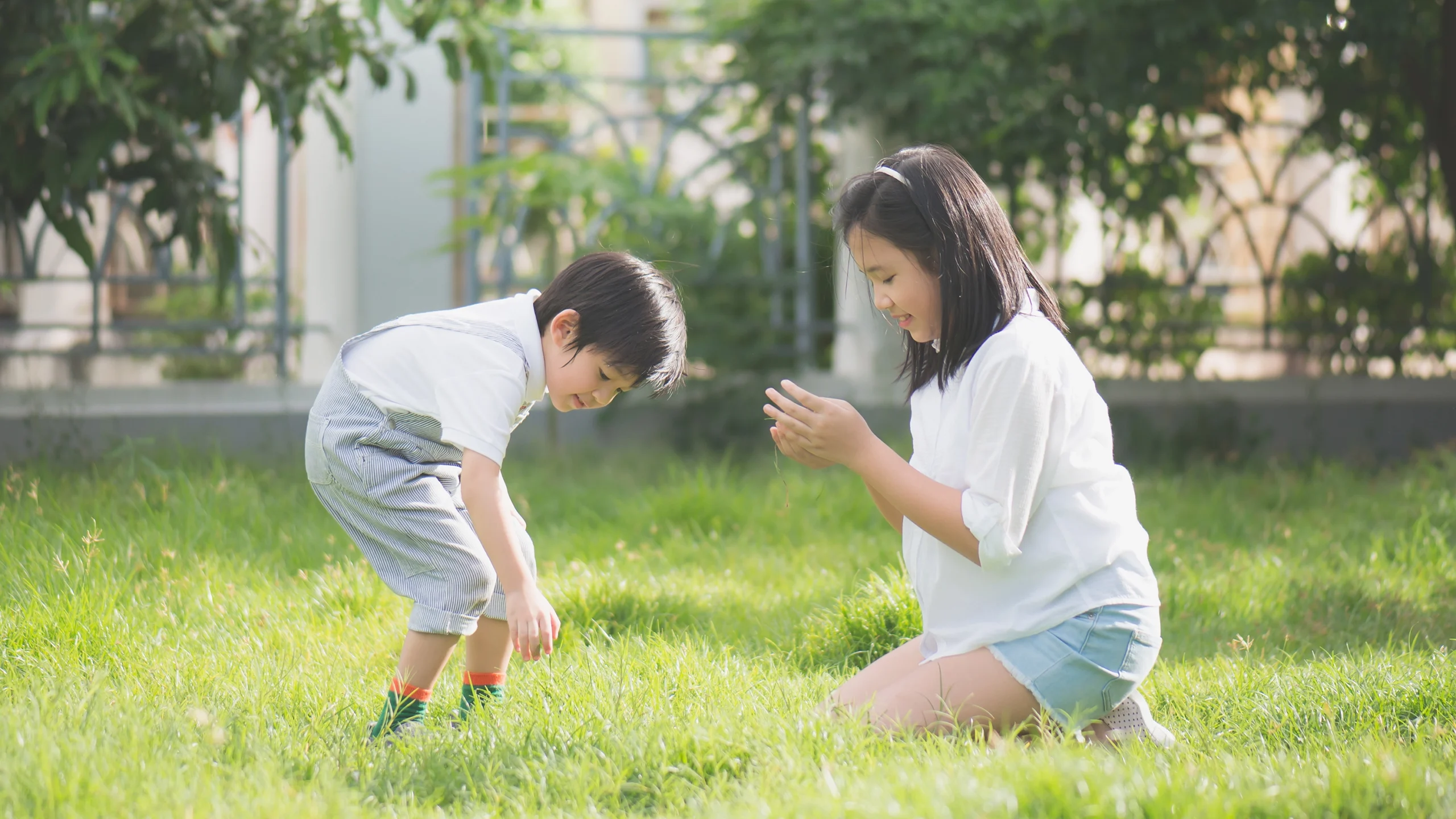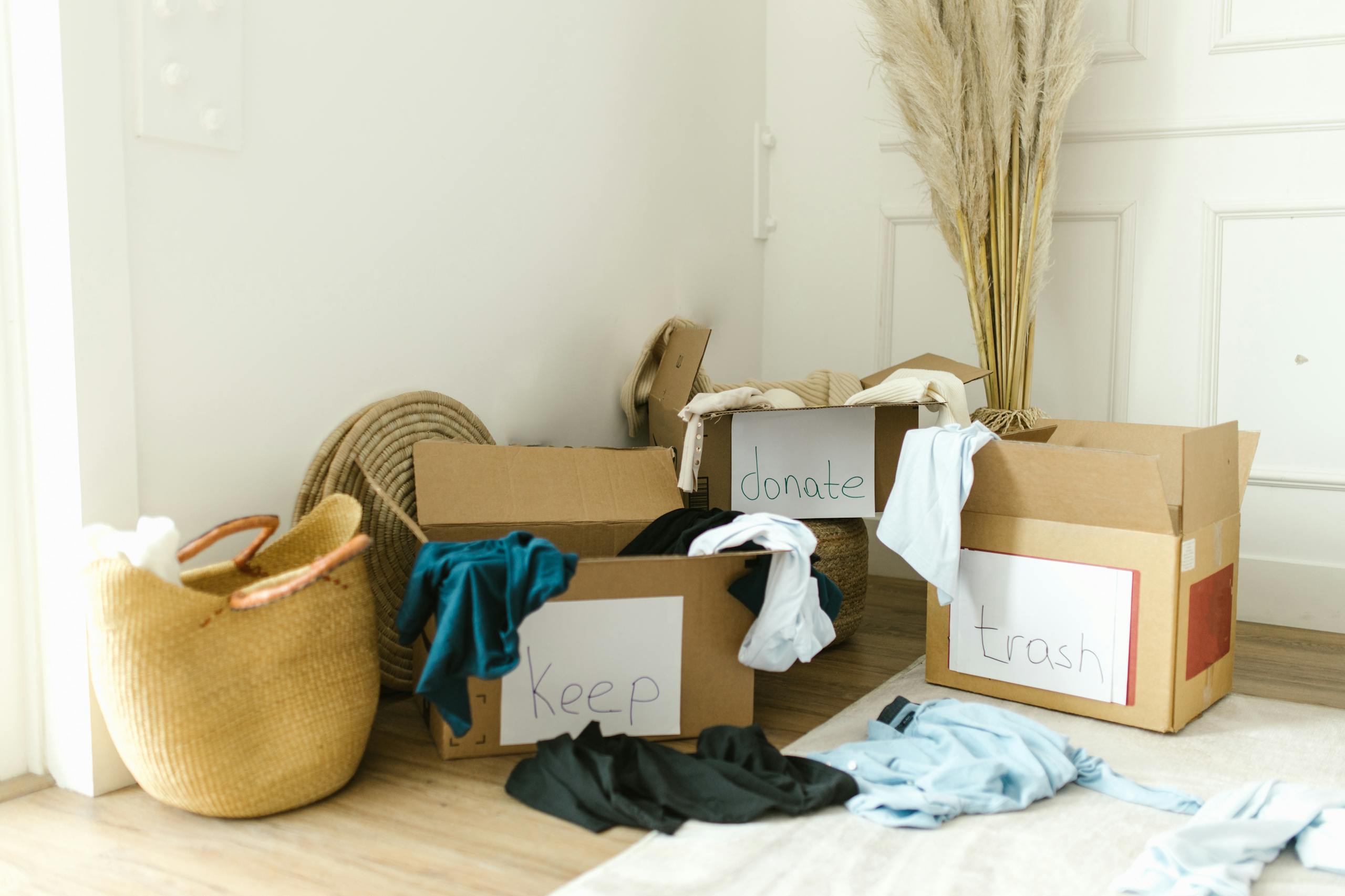When School Gets Cancelled: How Parents Can Turn Typhoon Days Into Learning Moments
Learning doesn’t always stop when the rain starts pouring. Here’s how to turn typhoon days into teachable moments
Every year, the Philippines faces a period every family calls “typhoon season.” Howling winds. Pelting rain. Suspended classes one after the other. While it’s fun for the kids, it’s a challenge for parents who suddenly have a full day of energetic and bored children at home. And let’s be honest: that’s a terrifying combination for parents who are either working from home or anxious about their kids’ education.
While safety is always a priority, these unexpected “no school” days can also be opportunities to bond, teach, and grow in ways the classroom can’t always provide.
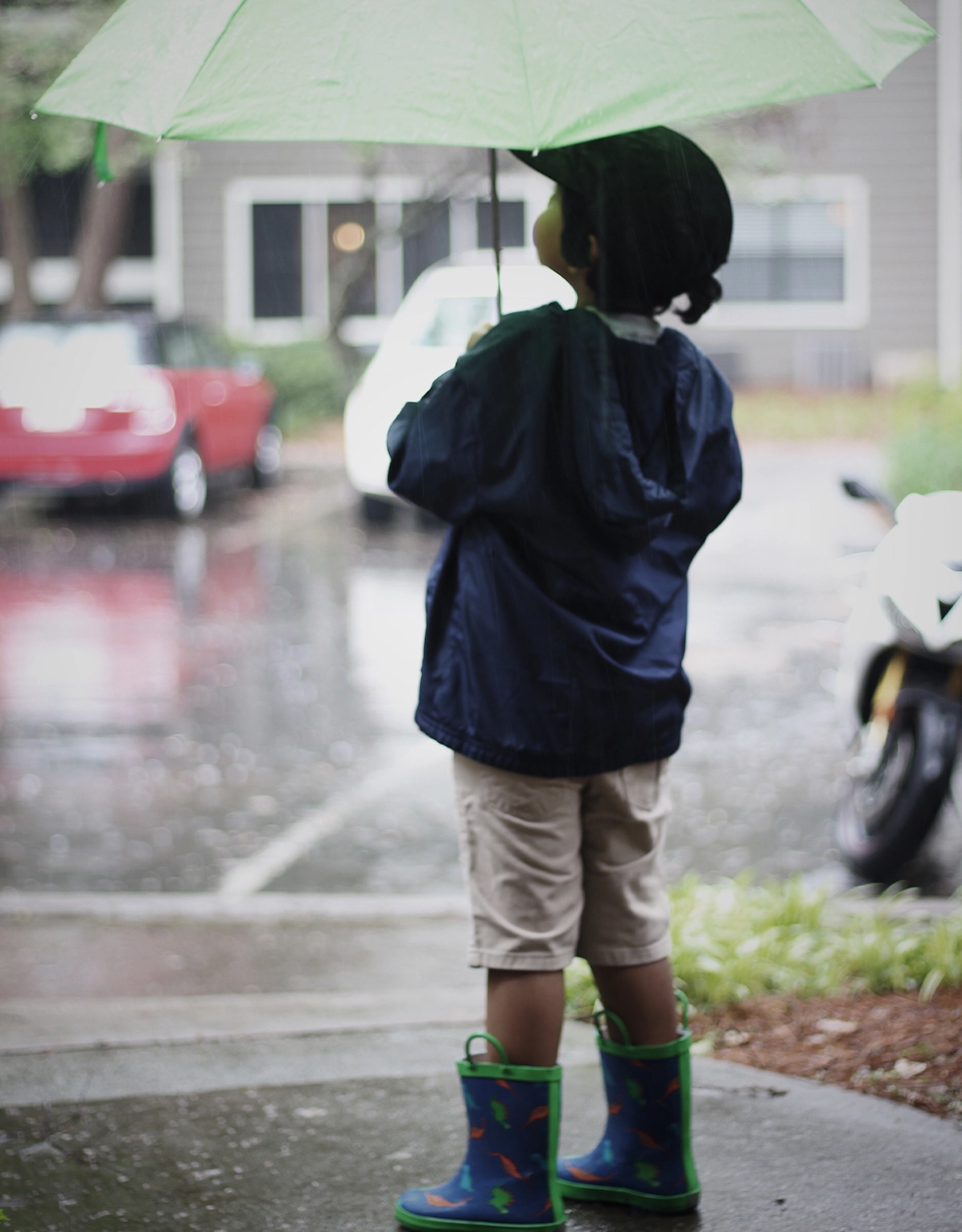
1. Practice preparedness as a life skill.
One day, kids will have to deal with the storms without us. Whether they live in the city or the provincial side, they’ll need to learn how to adapt to the severity of the typhoons.
Use the typhoon as a way to train the kids in safety drills. Let them pack the emergency kits, check flashlights, and prepare drinking water. Doing so teaches them a sense of responsibility and also keeps their mind off the rumbling thunder and dark skies.
2. Share how the family coped with typhoons
Sharing stories of how the family coped with typhoons teaches kids, “This too shall pass.”
As a force of nature, the looming cyclones and storms are a terrifying sight for the little ones. They have no control, and considering how nature is often addressed as “Mother Nature,” it’s possible that the thought of an angry mother compounds that fear.
Anecdotes from the past can be a combination of humor, tragedy, and even a bit of romance. It reminds kids that there’s still life beyond the typhoon. They also build a sense of cultural memory.
3. Time for indoor creativity!
When there’s a brownout and no internet, there’s no choice: time for some unplugged play!
Building pillow forts, drawing, journaling, and pretend fantasy campaigns—these are all great ways to pass the time! Besides, the storm sets an interesting mood for pretend play. They can be the weary traveller who finds themselves at the door of a haunted inn. Or, they can be a druid who needs shelter at a tavern for both them and their pet baby owlbear.
Something like that.
4. Turning lessons into everyday tasks
Rainy days offer the opportunity for parents to bridge their kids’ school lessons with real-life incidents. Cooking simple meals and sorting relief goods equally becomes a math lesson in measurement, empathy, and social responsibility. Tidying up the living room becomes a challenge for spatial reasoning. Writing letters or notes becomes an English lesson.
For more challenging applications, have the kids plan a way to protect the house from floods and leaks. That’s an application in Science, particularly physics.
5. Give each other a hug
Considering how busy times can be, it’s rare for both us and the kids to sit down and just be.
A hug while sitting on the floor together while watching the rain trickle down the window, or counting how long it’ll take for the thunder to rumble after the lightning, can help slow things down. Of course, this happens after making sure that the house isn’t under siege from the forces of nature.
Just sitting with them helps reassure them of their safety and they’re not alone in weathering the typhoon. Typhoon days don’t just call for physical protection—they call for emotional grounding, too.
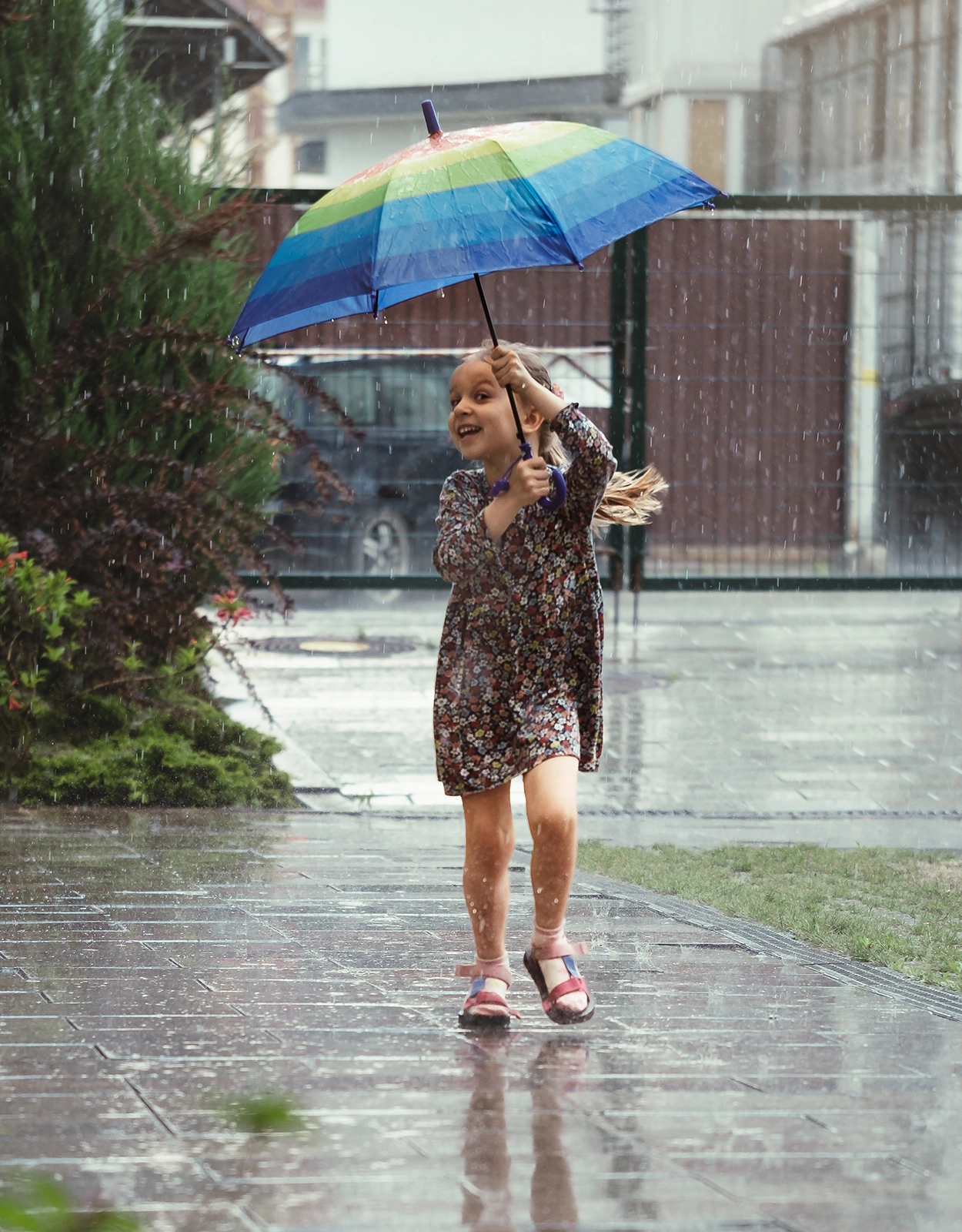
Typhoons will always test a person’s resilience
Typhoons will always test our resilience, but they also remind families that learning isn’t confined to classrooms. Even in the storm’s shadow, parents can shape moments that strengthen not just minds, but hearts and bonds, too.
Frequently Asked Questions (FAQs)
Safety always comes first. Once essentials are secured, focus on creating an environment of calm, care, and connection. The learning follows naturally.
It’s okay to allow more screen time than usual, especially if it helps calm kids. But balancing it with creative and family-centered activities prevents cabin fever.
Prepare board games, books, and non-digital activities in advance. Power outages can become a chance to slow down, connect, and share simple joys.
Teach the kids also how to contact the customer service to ask when power and the internet will be restored.
Simple acts like cooking together, reading aloud, or even organizing relief donations as a family turn “storm days” into meaningful memories.
Keep them busy. Offer them age-appropriate explanations of what’s happening, focus on safety routines, and remind them that storms are temporary.
More about typhoons?
Essentials Families Can Donate To Typhoon Kristine Victims
How To Promote Disaster Preparedness in Kids
The Impact of Natural Disasters on a Child’s Well-being
